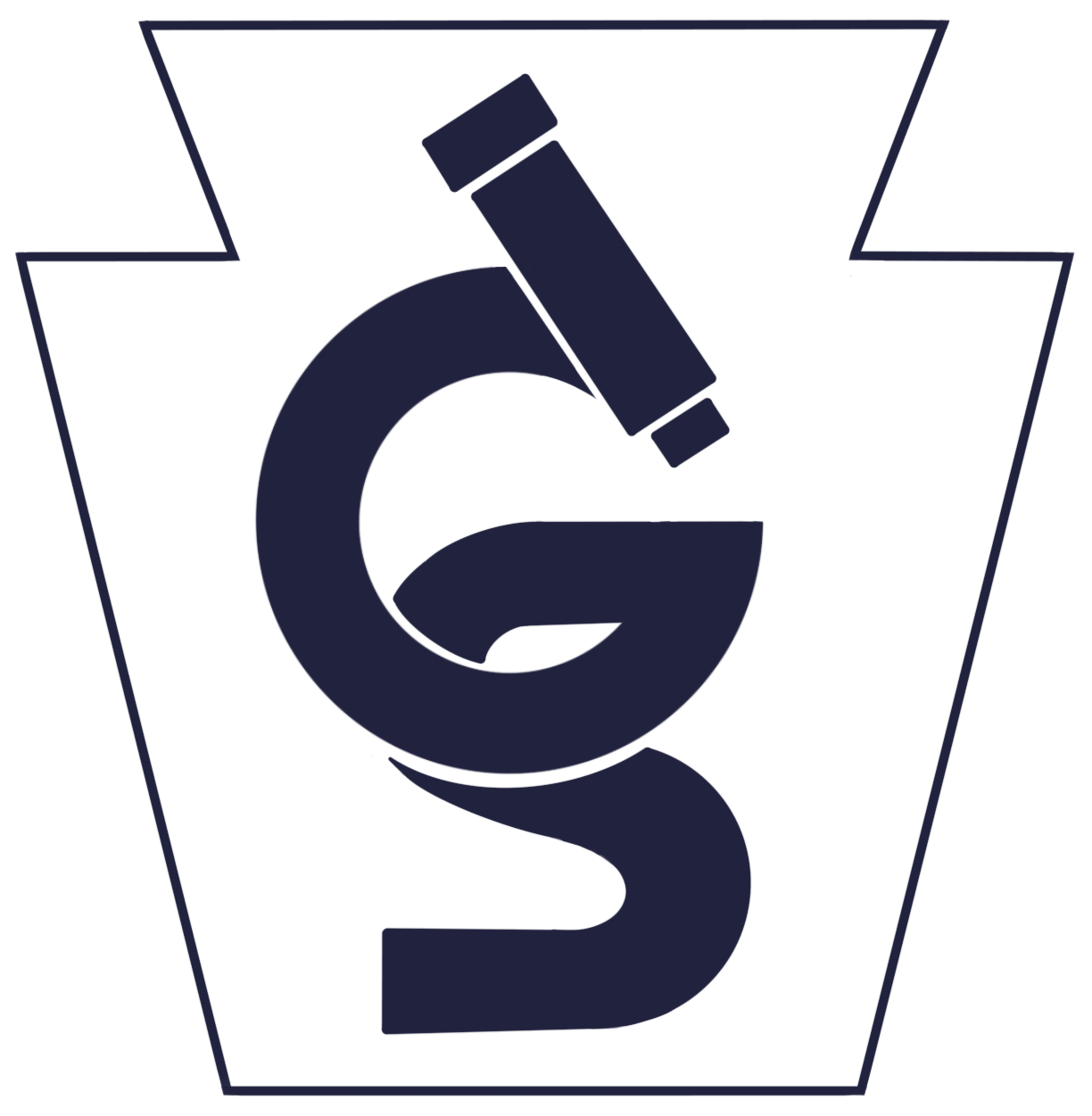Elective Courses
Each year PGSS offers a 6-8 options for elective courses. Students are strongly encouraged to explore their interests or a new topic by taking at least one of these courses. Many students choose to take two or three electives while in the program.
Electives courses meet twice a week for 50-minute lecture periods in the first four weeks of the program. Descriptions of the 2024 elective offerings are below.
2025 Elective Options
Mathematical Finance | Modern Finance relies on mathematical and statistical tools to determine appropriate prices for assets and to identify profitable trading strategies. Traders use advanced probability models to reduce their risk while maximizing the return on their investments. The fundamental ideas on which these probability models are built are accessible to high school students, and that is what this course will present. No background in finance will be assumed, and the mathematical problems we will be solving are relatively simple. The emphasis will be on determining *what* problems to solve, and understanding *why* they are relevant. The first few lectures will introduce asset classes, markets, interest rates and the time value of money. After that we will introduce the concept of arbitrage and derive the law of one price and the concept of replication. We'll apply the concept of replication to determine the appropriate pricing of forward contracts.
Laser Technology | In this elective, you will explore the fundamental properties of photons, from energy quantization to the wave-particle duality of light. The course will trace the history of the laser, beginning with its theoretical foundations and early developments, before delving into the various types of modern lasers and their diverse applications. We will examine cutting-edge laser technologies, including ultrashort pulsed lasers and high-energy lasers, exploring their architecture and underlying principles. Topics will also cover the transformative role of lasers across industries such as manufacturing, telecommunications, medicine, and defense. The course will feature interactive laser demonstrations that highlight the unique and fascinating properties of light
Foundations of Music: Science and Mathematics | Music is an art form, often judged by its aesthetic qualities through the lens of human perception. However, upon closer examination, we find that music is deeply intertwined with science and mathematics. This course explores the fundamental mechanics of sound and its relationship to music. Key topics will include the study of sound waves and their relationship to music, the mathematical principles behind the standard musical scale and the analysis of sound, and the science behind various methods of creating and producing music. Additionally, students will explore the biological mechanisms that allow humans to produce and perceive sound, the mechanics of microphones and speakers (including how sound is converted into electrical signals, stored, and converted back into sound), and the impact of computers and digital technology on the creation, manipulation, and production of music. Lectures will be supplemented with hands-on demonstrations and interactive class activities to deepen understanding of sound waves and their properties. Additionally, students will learn how to generate and analyze sound electronically, using smartphones to collect data on the natural sounds that surround them. Lastly, students will have the opportunity to learn about—and play—the Theremin, the first and most unusual digital musical instrument.
You and your Microbiota: the role of the microbiota in physiology and disease | Bacteria are a scourge, causing life-threating infections like tuberculosis, meningitis, and pneumonia and less severe ear infections and strep throats that plague many childhoods. On the other hand, the healthy human microbiota is a community of microorganisms dominated by trillions of bacteria that reside everywhere from our skin to nasal passages and gut. This “virtual organ” is estimated to weigh as much as the human brain and contributes to essential bodily functions like food metabolism and defense against infection, while also impacting memory, anxiety, and depression. Changes in the gut microbiota are also associated with chronic diseases including autism, obesity, allergies, and inflammatory bowel disease. It is not known why the incidence of these chronic diseases is rising, but excessive antibiotic use and dietary changes that harm our gut microbes may be contributing. In this course, we will explore how bacteria make us healthy and what we can do to nurture our microbiota. We will approach these topics primarily through lectures emphasizing experimental data interpretation and team-based problem solving.
Brain on the Fritz – A survey of neurological diseases | 1 in 6 people suffer from a neurological disease. Sometimes their impairment is visually obvious, like in the case of motor disorders, but often neurological disease is invisible. Depression, anxiety, Alzheimer’s, schizophrenia, and addiction can hide in plain sight. In this course, we will discuss a variety of neurological diseases starting with their symptoms and working through the molecular underpinnings. We will begin with a brief introduction to basic neurobiology and then move on disease states. The elective will cover numerous diseases ranging from Parkinson’s to addiction.
Artificial Intelligence and Machine Learning | AI has become a major new approach in the scientific toolbox. We will start with the basics of machine learning, looking at a number of different techniques, and progress to deep learning (using neural nets), with an emphasis on scientific applications. There will be hands-on, using the Bridges supercomputer, and students will be able to build their own neural net applications before we are done. No prior specialized knowledge is assumed, although familiarity with Python will be helpful.
Biotechnology | We hear the term "biotechnology" a lot in the media, but it's a broad term that can cover many topics. In this course we discuss some of the ways we interact with biotechnology in our everyday lives including Forensic Biotechnology, Gene Therapy when using viruses for treating blindness or inherited diseases, and Vaccines when getting a COVID-19 or flu-shot, and genetically modified organisms. In class we will also discuss the ethics of biotechnology as an active member of your community. Finally, we will work in small teams to discuss how to use biotechnology to solve a world-problem.
